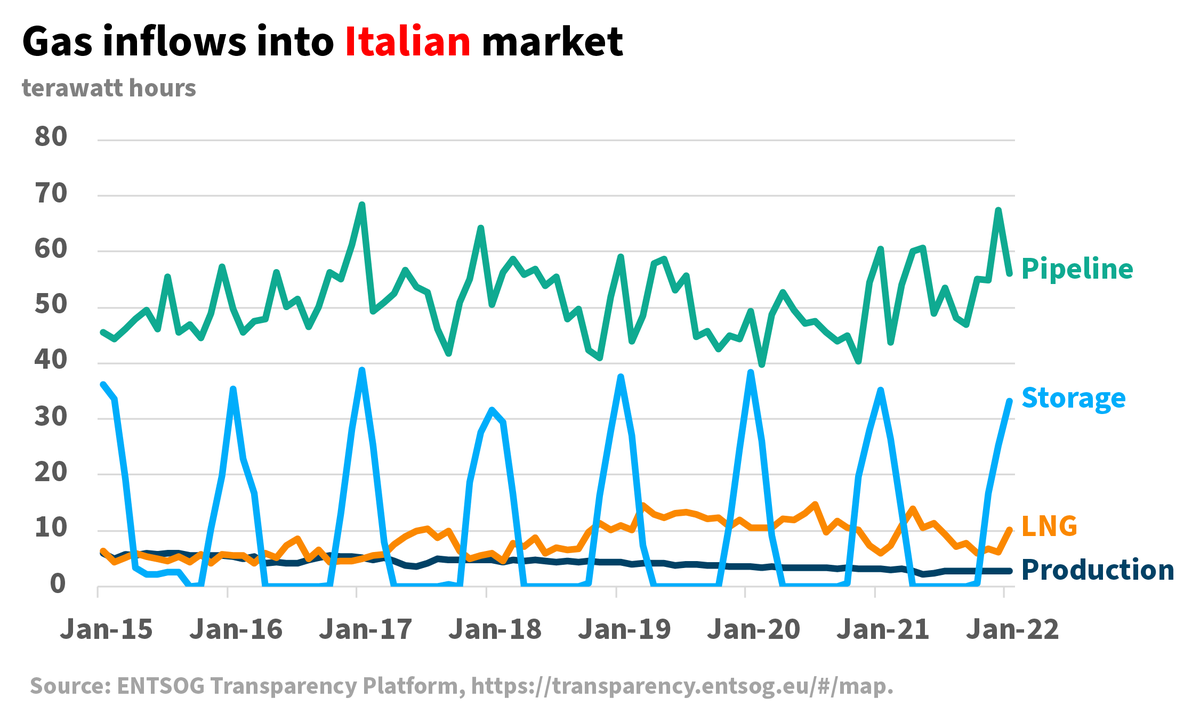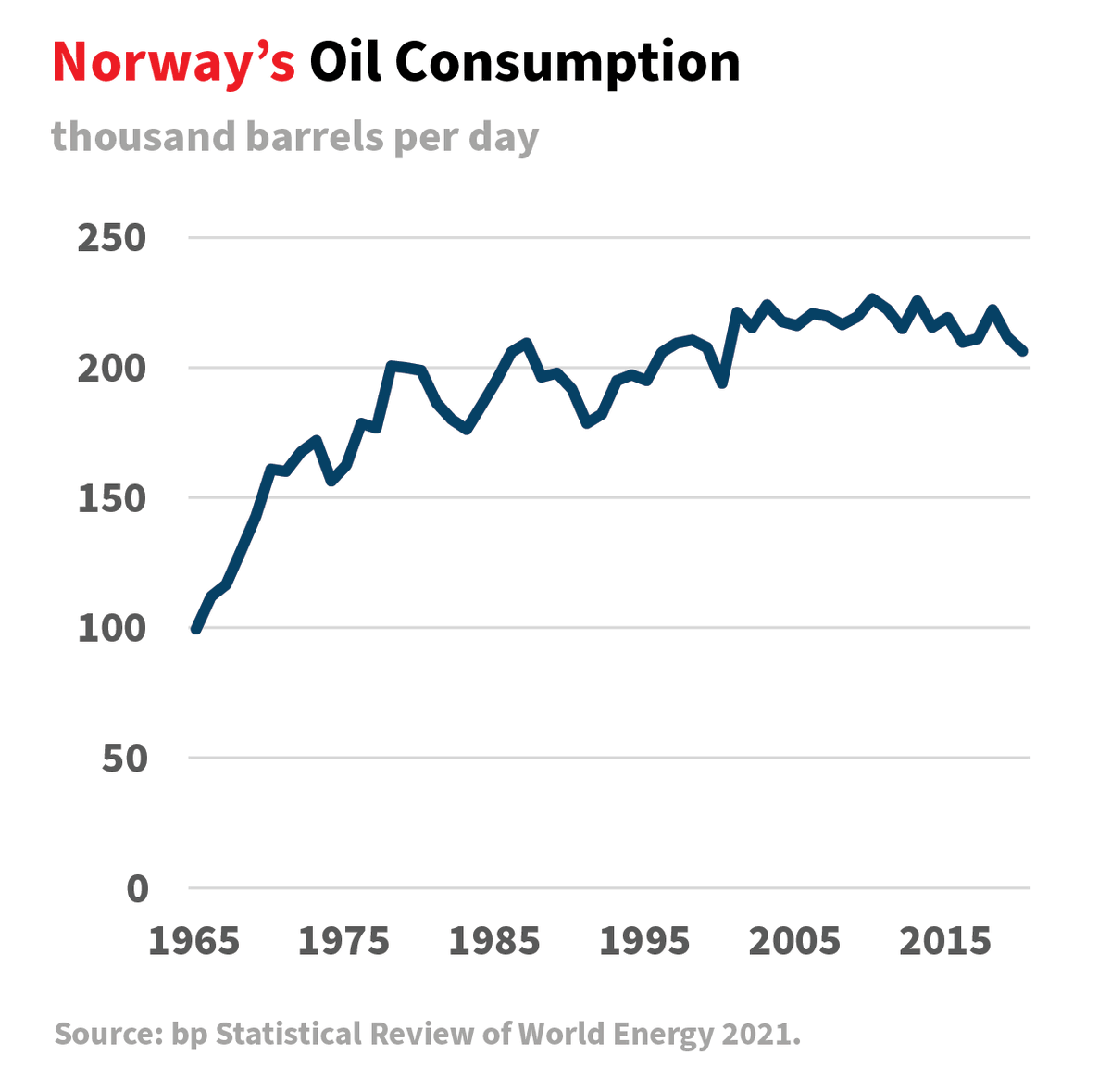
How do you ensure energy security against an enemy?
Europe bought energy from the Soviets during an era of managed rivalry. It bought energy from a weak Russia in the 1990s, and handled occasional flareups during Russia’s resurgence in the 2000s and 2010s. But this is new.
Europe bought energy from the Soviets during an era of managed rivalry. It bought energy from a weak Russia in the 1990s, and handled occasional flareups during Russia’s resurgence in the 2000s and 2010s. But this is new.
Few of the scenarios or strategies that Europe has used to secure its energy needs are designed for the world that we woke up to today. The European energy security toolkit is premised on a geopolitical balance that has been totally upended.
The war will reshape Europe’s tolerance for relying on Russian energy. No doubt. Eventually it will rewire the Eurasian energy system. But this is years away. How can Europe safeguard its energy system now?
Europe needs bold ideas.
How about a European Defense Production Act to make and install 100 million heat pumps?
How do you break the link between gas and power prices?
Do you pay suppliers to boost gas supply for a while?
Pay industries to not consume gas?
Think big.
How about a European Defense Production Act to make and install 100 million heat pumps?
How do you break the link between gas and power prices?
Do you pay suppliers to boost gas supply for a while?
Pay industries to not consume gas?
Think big.
In the end, Europe must also accept that energy security is often achieved through means that have nothing to do with energy.
You cannot fight tanks and helicopters with money and rules. Only raw military force can do that.
Sooner or later energy security is just security.
You cannot fight tanks and helicopters with money and rules. Only raw military force can do that.
Sooner or later energy security is just security.
• • •
Missing some Tweet in this thread? You can try to
force a refresh










